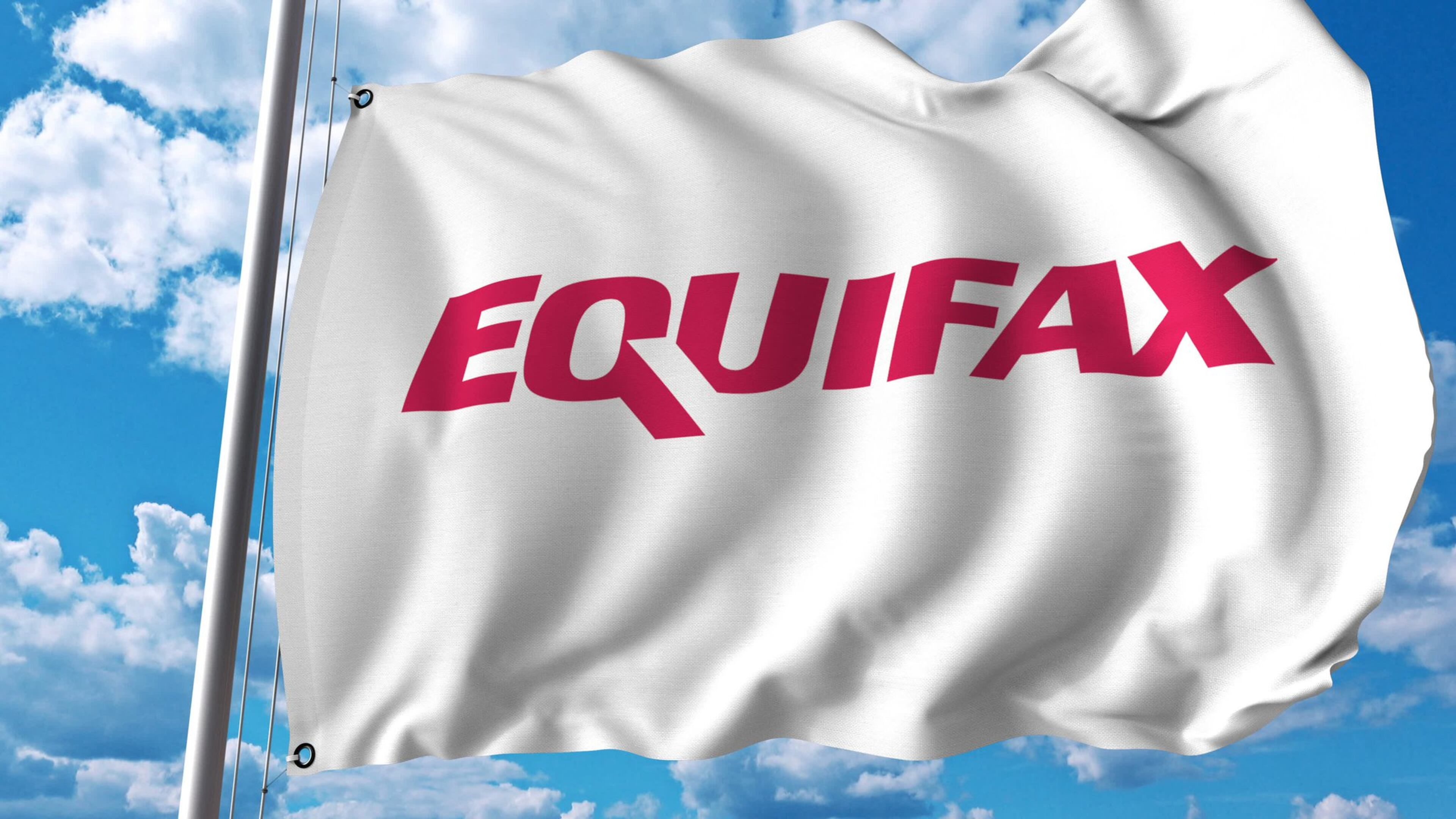Critics concerned: Bill’s provisions look like win for Equifax

Less than seven months after revealing a massive data breach, Equifax appears to be poised for a big win in Washington.
A financial regulatory bill on the verge of Senate passage would give Equifax protection from some class action suits, while forcing government-controlled companies to at least consider using an Equifax-backed company to judge people applying for mortgages.
VIDEO: Previous Equifax coverage
Equifax revealed in early September that personal information of more than 145 million Americans on its computers had been accessed or stolen. In the weeks following that, the company faced a fusillade of criticism, a number of class action lawsuits and often-venomous questioning by members of Congress.
However, no legislative action has been taken to restrict the company.
The current proposals – as well as the lack of action to punish Equifax or enact new data protection standards since the breach – are indefensible, said Liz Coyle, executive director of Georgia Watch, a non-partisan consumer advocacy group. "People should be shocked that Congress has done nothing to hold Equifax accountable."
Military members especially should not be deprived of their day in court, she said. “We send our troops to protect our rights as American citizens and we can’t even let a band of brothers come together to protect themselves?”
The language was proposed last week as an addition to broader legislation repealing parts of the Dodd-Frank financial regulatory law. The Senate is expected to pass the measure with bipartisan support later this week.
The Equifax language, which must still be formally incorporated into the broader bill, would force Equifax and the two other major credit agencies to provide free credit freezes and free credit monitoring for members of the military.
But it would also protect the company from any class action lawsuits sprouting from those requirements.
The bill would also force Fannie Mae and Freddie Mac to consider using VantageScore, a joint venture of Equifax and the other two agencies, Experian and TransUnion. The two mortgage giants have primarily been using FICO, a competitor of VantageScore.
In response to the news about the bill’s provisions Equifax issued a brief statement on Tuesday implicitly endorsing the measure and its supporters.
“Equifax shares the sponsor’s goal of helping consumers gain access to credit and having more control over their personal credit data,” said Meredith Griffanti. “Security freezes are one of the many tools available which enable consumers to better protect themselves against potential identity theft.”
She declined to address the provision that prevents lawsuits.
Equifax spent months after the hack lobbying Congress on issues such as credit freezes, requirements for when it must notify consumers after data breaches and what it described in its federal disclosure forms as “active duty credit services.”
Last year, the credit bureau also lobbied Congress on a bill authored by Cassville GOP Congressman Barry Loudermilk that would have curbed the use of class action lawsuits against credit bureaus such as Equifax.
That bill was shelved after the Equifax breach became known.
Although U.S. Sen. David Perdue was unavailable for comment Tuesday, he has co-authored credit freezing legislation similar to what is contained now in the bill and at least some of his suggestions are included. Perdue is a member of the banking committee.
Both Perdue and his Georgia GOP colleague Johnny Isakson have voted to advance the underlying legislation in recent days.
With Republicans in control of the Senate and some Democrats crossing the aisle to back the bill, the proposal – and most of its provisions – are expected to win approval. Still, the provisions affecting Equifax immediately drew scorching criticism.
In a conference call with reporters Tuesday, Sen. Elizabeth Warren, D-Mass., said it was not fair to give veterans the right to free credit monitoring and then forbid legal action if their data was misused.
“That is not a consumer protection provision,” she said. “That is an Equifax protection provision.”
There should be automatic penalties for permitting hackers to see consumer data, Warren said. “Equifax does not have incentives to take the necessary measures to protect Americans’ data.”
The company earlier this month reported an increase in profits.
MYAJC.COM: REAL JOURNALISM. REAL LOCAL IMPACT.
AJC Business reporter Michael E. Kanell keeps you updated on the latest news about jobs, housing and consumer issues in metro Atlanta and beyond. You'll find more on myAJC.com, including these stories:
- Atlanta-based Home Depot hits $100 billion in sales
- S.F. company's new idea: Lease homes to potential Atlanta buyers
- Buyers pay a hefty new home premium in Atlanta
Never miss a minute of what's happening in local business news. Subscribe to myAJC.com.




